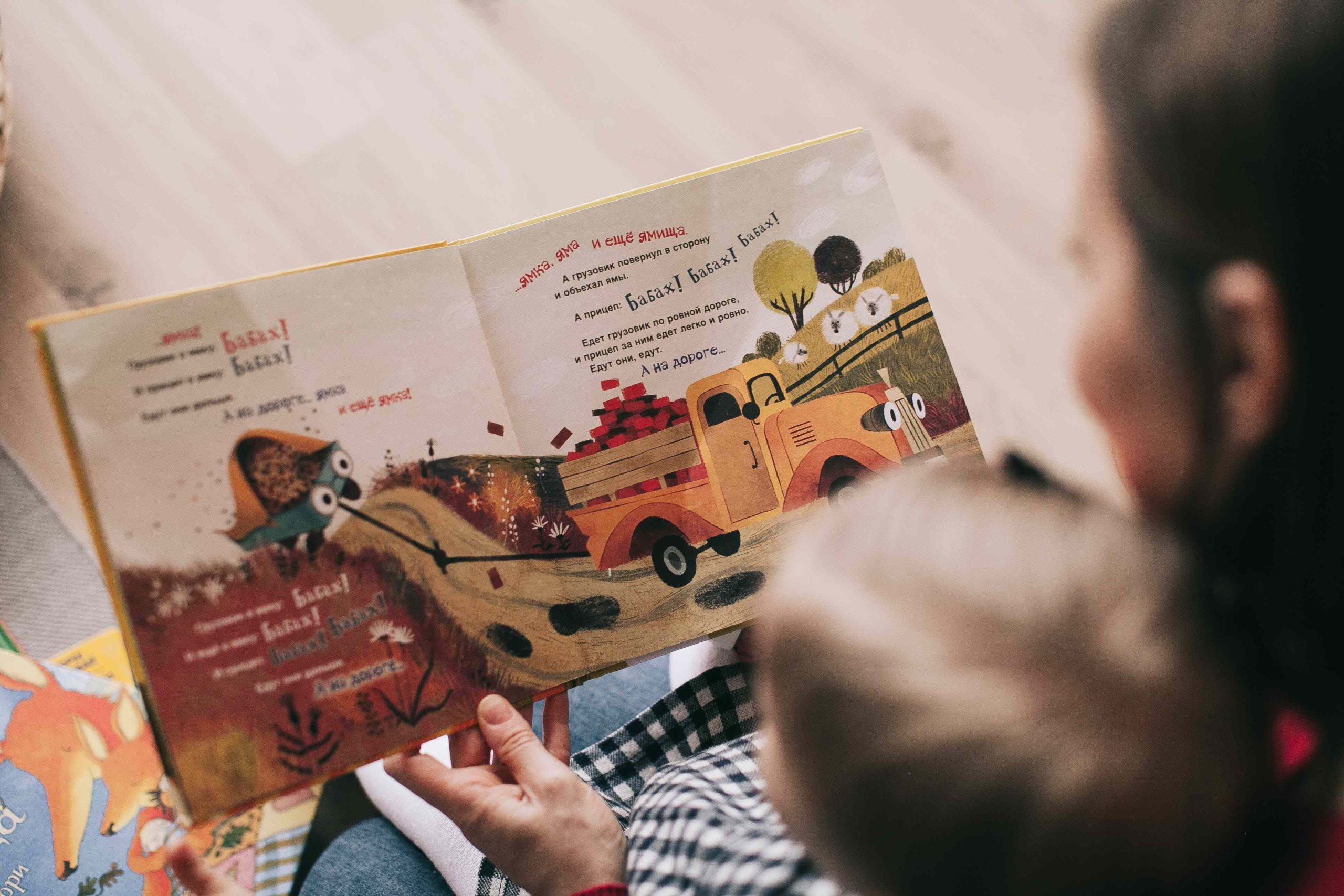
The Importance of Basic Academic Concepts in Preschool Education
As a preschool teacher, focusing on fundamental academic topics is crucial when creating a curriculum. A child’s growth during the preschool years is pivotal, laying a solid foundation in fundamental intellectual ideas can set them up for future success in school. This post explores why fundamental academic ideas are important for preschoolers and how to include them in a curriculum.
The Value of Fundamental Academic Ideas
Preschoolers are at a crucial stage of development where they begin to form their attitudes and methods of learning. Fundamental academic ideas such as science, reading, writing, and math lay the groundwork for future academic performance. By teaching these concepts in a developmentally appropriate manner, preschoolers can develop a love of learning that will endure throughout their academic lives.
Math
Introducing the academic notion of math to preschoolers early is essential. They can start to understand the world around them by exploring mathematical concepts like counting, patterns, shapes, and measurements. Through entertaining and engaging activities, math can be integrated into preschool curricula, helping children develop critical thinking and problem-solving skills.
Reading
Reading is another crucial skill that should be introduced to preschoolers at a young age. By honing their early literacy skills through activities such as reading aloud and providing age-appropriate materials, preschoolers can develop a lifelong love of reading. This fosters vocabulary, comprehension, and critical thinking skills.
Writing
Writing complements reading and is an important academic topic for preschoolers. Through exercises like drawing, tracing, and writing their names, preschoolers can start to refine their writing abilities. Teachers can help them acquire the fine motor skills and hand-eye coordination necessary for success in later grades.
Science
Science education is crucial in preschool curricula. Preschoolers can begin to understand the natural world by exploring scientific concepts such as weather, animals, and plants. This not only enhances their knowledge but also develops critical thinking and problem-solving skills. Science can be incorporated through experiments, outdoor activities, and practical demonstrations.
Including Foundational Academic Ideas in Preschool Curriculum
Preschoolers learn best through play and hands-on activities, so it’s important to incorporate fundamental academic ideas in a way that engages their curiosity and encourages discovery. Activities should cater to various learning styles, including visual, auditory, and kinesthetic. Thematic units centered around specific subjects or themes can provide a framework for learning and make education more enjoyable and effective.
In conclusion, focusing on fundamental academic ideas is essential for preschoolers’ academic performance and social-emotional development. By introducing concepts like math, reading, writing, and science in a developmentally appropriate manner, preschoolers can develop a love of learning and acquire essential skills for future success. Collaboration between educators, parents, and caregivers is key to providing a comprehensive and effective preschool education.
Remembering that preschoolers learn best through play and hands-on activities, it’s crucial to make learning enjoyable while incorporating fundamental academic concepts. Thematic units and a variety of learning methods can engage preschoolers and enhance their learning experience. By working together, educators, parents, and caregivers can provide a strong foundation for preschoolers to thrive academically and socially.
Ultimately, preschool education plays a vital role in shaping a child’s intellectual and social development. By emphasizing fundamental academic ideas in an engaging and age-appropriate manner, educators can pave the way for future academic achievement and lifelong learning.
It’s important to recognize that every child is unique, with their own learning style and strengths. Early childhood educators have the responsibility to nurture growth and development in a supportive environment that respects these differences. By focusing on fundamental academic concepts, educators can contribute to a child’s academic success and overall well-being, laying the groundwork for a brighter future.
Furthermore, parental involvement is crucial in a child’s early learning and development. Educators should work collaboratively with parents and caregivers to provide continued support and encouragement for learning at home. Together, we can ensure that every child receives the quality education they deserve and is prepared for success in school and beyond.


